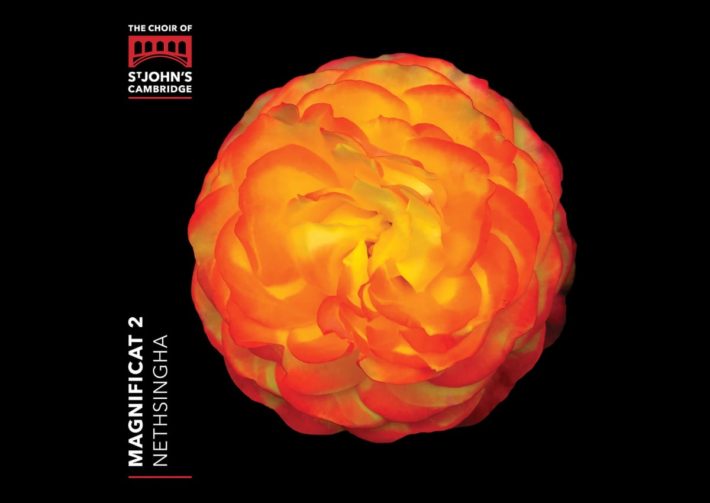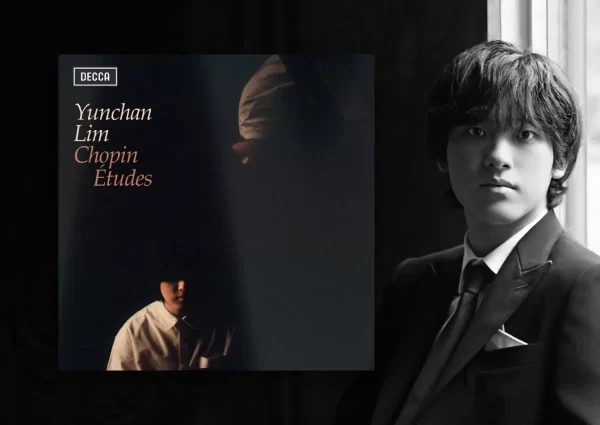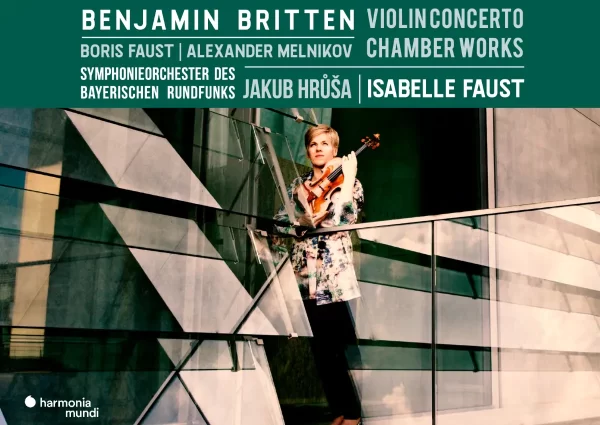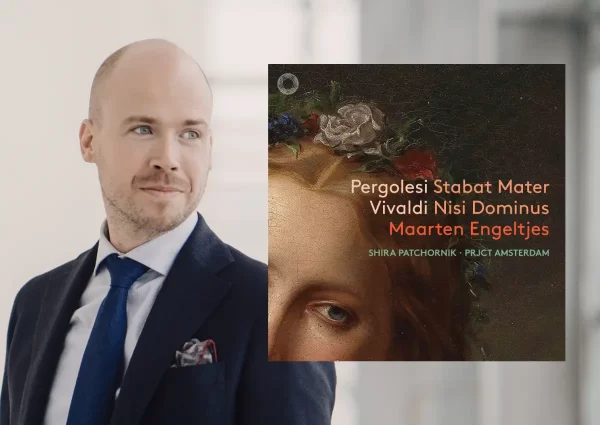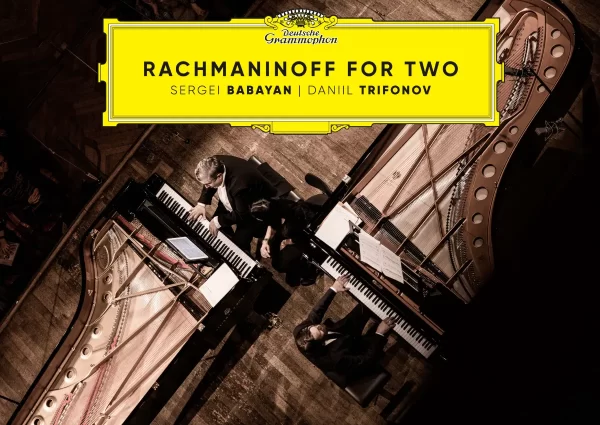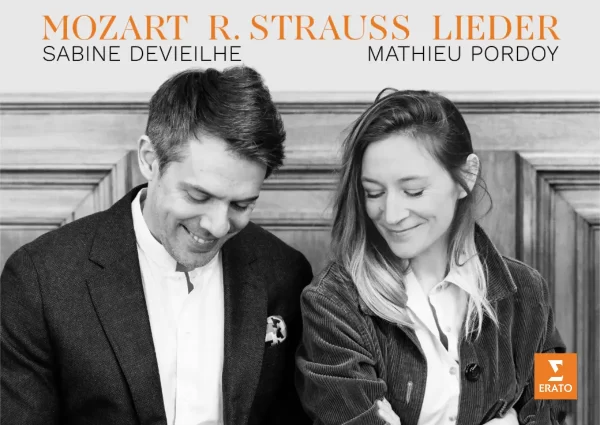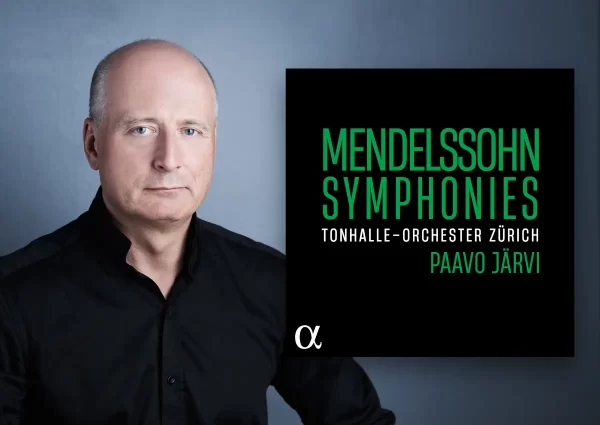From the grand gothic cathedrals to the college chapels of Oxford and Cambridge, for generations the late afternoon service of evensong has filled these magnificent spaces with resounding music. Much of the hymns and anthems heard in these services owe homage to generations of British composers across the ages from Gibbons, through Purcell, Stanford, Parry and Elgar, to contemporary composers such as James MacMillan.
Building on their previous album ‘Magnificat’, their second installment ‘Magnificat 2’ featuring the Choir of St. John’s College, Cambridge, presents an album completely dedicated to settings of the Evening Canticles — the Magnificat and Nunc Dimittis. Both these liturgical texts are associated with the evensong service and have been set by many composers, in a mix of both Latin and English.
In the age-old tradition of church music, the Choir of St. John’s College uses an exclusively male choir, with boy trebles taking the top vocal lines along with the choral scholars from the college. The blend, color and purity of the sound surpasses the choir’s sound on ‘Magnificat’; there is a greater transparency, allowing each of the lines to be savored and enjoyed. The intonation is flawlessly clean throughout; the boy choristers reaching the highest notes with certainty, confidence and clarity. Diction is pristine and the placement of consonants is as good as any professional choir, a credit to Andrew Nethsingha’s direction.
Related Classical Music Reviews
- Review: Handel – Brockes Passion – AAM, Richard Egarr
- Review: “Good Night, Beloved” – The Sixteen, Christophers
- Review: Britten – Saint Nicolas, A Ceremony of Carols
The program, as expanded on by Nethsingha, is a range of settings that continue chronologically from the previous release. Whereas that didn’t extend beyond 1880, this begins at that date right through to a number of contemporary composers. Herbert Howell’s ‘Collegium Regale’ Canticles open the album, which is exquisitely phrased and paced with real beauty. Other settings come from William Walton and Lennox Berkeley, these are late works, which while worthy pieces do not represent either composer at their best.
Giles Swayne’s ‘Magnificat I’ showcases the choirs’ ability to hocket and its virtuosity. The expressive melismatic phrases are beautifully sung. The mysterious and atmospheric setting of Arvo Pärt’s ‘Magnificat’ is sung more gently here than that of the Tallis Scholars; the boys bringing a softer, less chilling tone. The final work from Julian Anderson dates from the time of the recording in 2019 and draws upon the tradition of British composers that come before him, with echoes of Howells and Walton.
The organ, played by Glen Dempsey, sounds resplendent throughout. Carefully captured by Signum’s engineers it has a beauty and appropriate resonance. The ambient acoustic of the chapel is pleasant, never clouding the lines or being overly resonant.
The booklet is highly detailed, giving much detailed information about the pieces and biographical information linking the composers to the chapel. It is a commendable piece of writing, though rather dense and requiring a little musical knowledge. Photographs of the original manuscripts add to the detail and authoritatively produced notes. A noticeable omission, however, is a setting from a female composer to balance the male dominance of this release.
The appeal of this album, despite the highly polished performances, is rather limited. Those with a particular interest in primarily English choral or liturgical music will relish the richness of sound and the subtlety of approach from Nethsingha to bring different meanings out of the text settings, along with superb sound. The program is interesting and will mean much more to those who have experience of church musicians; to some, the sound might be rather homogeneous from beginning to end.

“Magnificat, Volume 2“
The Choir of St John’s College, Cambridge
Andrew Nethsingha – Conductor
Signum Records, CD SIGCD667
Read more classical music reviews or visit The Classic Review Amazon store
Follow Us and Comment:
Get our periodic classical music newsletter with our recent reviews, news and beginners guides.
We respect your privacy.

